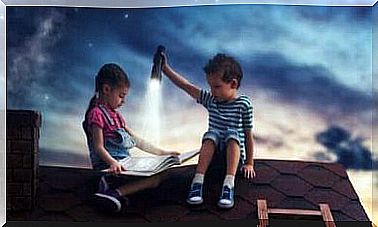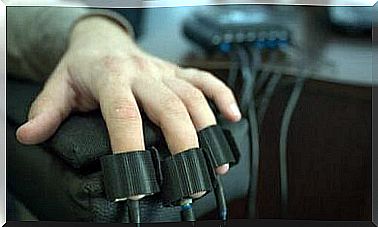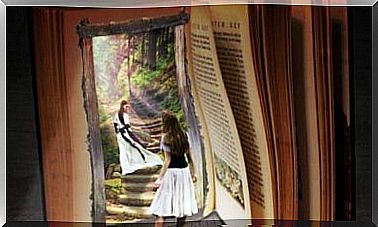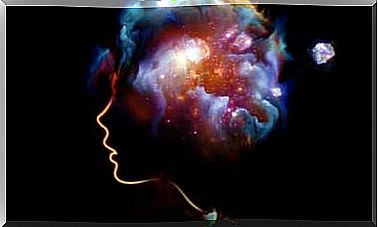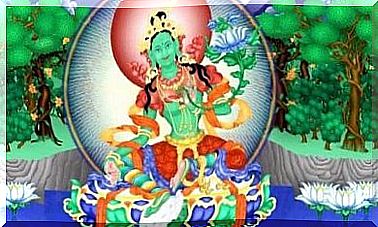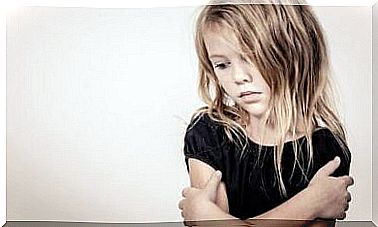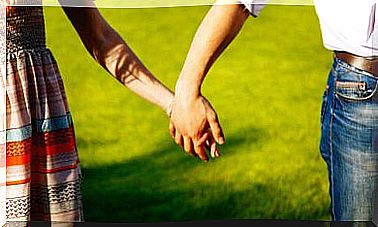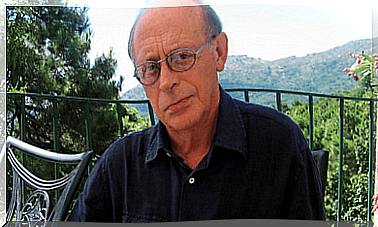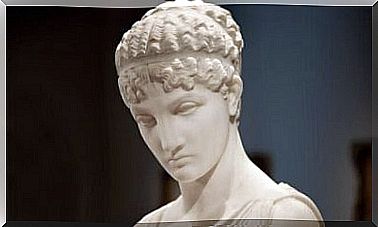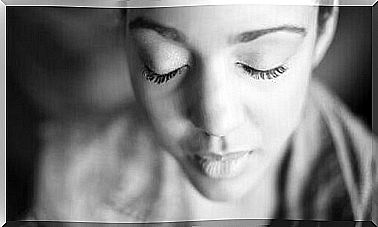Lord Of The Flies: Creating A Society
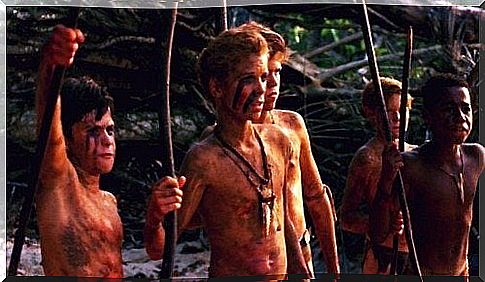
Lord of the Flies, or Lord of the Flies in Norwegian, (1954) William Golding’s most acclaimed work. It did not have much influence on the world while he was still alive. However, it experienced a revival a few years later, and became a classic in post-war English literature. It was brought to the big screen twice, first in 1963 and then in 1990.
Lord of the Flies is an allegory of human nature, where each character represents an important aspect of humanity. It explores children who create a society from scratch. How are the roles assigned? How to choose a leader?
The story begins when a plane with young passengers crashes near a desert island. The survivors must organize to survive and be saved. A new society emerges on an island in the middle of nowhere, without existing standards. Through the novel, we discover how any person can become evil, regardless of age. Lord of the Flies is about evil and the various facets of human nature.
Children, leaders and allegories
The title of the book is allegorical. It refers to Beelzebub, to evil. In the novel, this evil is a wild boar head, which the children put on a spear. Flies surround the head when it breaks down.
When the children arrive on the island, they come with a hope of surviving and being found as soon as possible, which demonstrates that humans are social by nature. Perhaps due to the society in which they grew up or perhaps due to fear and the instinct for survival, the children decide to choose a leader democratically. The one they choose is Ralph, who is not the smartest child, but is agile, strong and inspires confidence in the others.
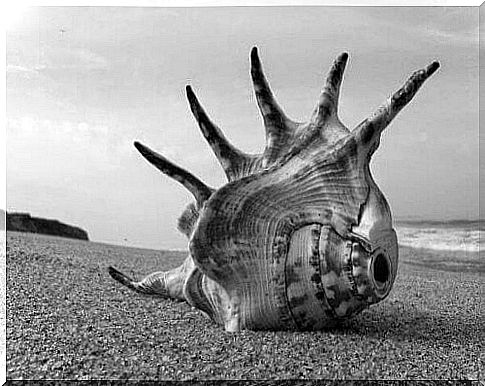
What could have been their opportunity to challenge the adults and show that children can be fairer and more rational ends up being a real disaster. Rivalry occurs as soon as a leader is elected. This rivalry leads to hatred and ultimately a tragic and uncontrolled situation.
The main characters and their character traits
- Ralph is the leader chosen by the rest of the children. He represents democracy, has good intentions, and wants the children to remain united. He is the one who decides to keep a bonfire alive in the hope of being seen and saved. Despite his good intentions, he always consults with Piggy and eventually ends up losing control and leadership.
- Jack, Ralph’s counterpart, is another born leader. However, he is authoritarian. He is the oldest in the group, but has not been elected leader, which bothers him. He has an arrogant and pessimistic attitude and has lost hope of being saved. Little by little, he becomes more and more irrational and increasingly violent. The other children are afraid of him and therefore choose to follow him.
- Piggy is scorned because of his appearance and that he has asthma. However, he is one of the most intelligent characters and represents rationality. Due to his appearance and poor physical condition, no one is considering choosing him as a leader. Despite this, Ralph trusts him and always asks for his help.
- Simon, like Piggy, is not in good health. He is reserved and shy, but shows great sensitivity, especially towards animals. This truly revealing character discovers “Lord of the Flies” and acts as a bearer of truth.
- Roger is on Ralph’s side at first, but ends up as Jack’s right man. Roger seems like a quiet and shy boy, but he soon discovers another side of himself. When he begins to see that no laws exist and that there are no consequences for his actions, he begins to become violent.
These children establish a hierarchy, an order inspired by the world they know. But this hierarchy is eventually destroyed and radicalized. Out of fear, they decide that they do not need a rational leader, but a strong leader who guarantees them peace and food.
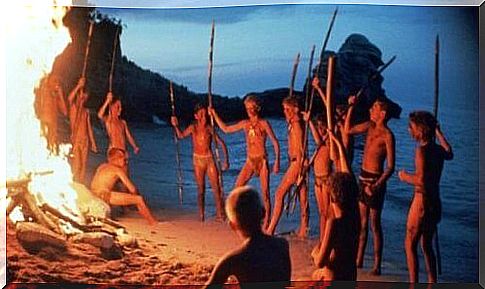
The nature of evil in the Lord of the Flies
The Lord of the Flies intends to “destroy” Rousseau, who said that humans are naturally kind and not evil. According to Rousseau, society disturbs people. In the novel, the opposite happens. The children are free and in a completely natural state. But in the absence of society and rules, they are carried away by their evil nature, and act in a completely irrational way.
On the other side of the coin is Hobbes, who says that society regulates evil and causes us to behave like rational beings. But in Golding’s work, the children can not help but feel that they do not have to obey anyone on the island, despite trying to choose a leader and establish a community.
We see that they first try to imitate the world and the adults they know. They find a conch shell they see as a democratic symbol, which they use to give others the opportunity to speak. They organize themselves to keep the fire alive and to provide food. But this democratic utopia ends up failing.
Some children see the island as a dream place, since there are neither parents nor teachers there. Why should they obey? Why behave according to the rules? Leaders play a crucial role, and children choose which side they want to be on until a war breaks out.
A rumor that a wild animal lives on the island scares the children, and thus they support the stronger leader. Others feel the freedom to unleash their wildest instincts. Thus, the island, which was originally a paradise, ends up being the center of terrible destruction.
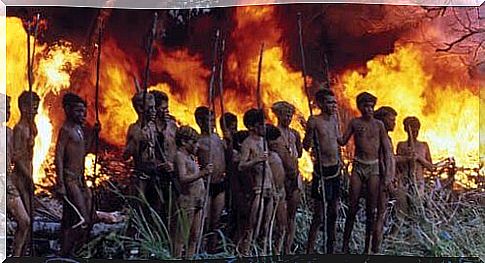
Reflections on the Lord of the Flies
The Lord of the Flies is not just talking about human nature and the loss of innocence. In their own way , these children create a new hierarchy from scratch, where we see different roles that remind us of the real world.
The children are divided into groups, as we do with political ideas. They face each other as people do in war. They do not reward intelligence or look for a reasonable leader. Instead, they want a strong leader who can protect them from what they fear.
All of this reminds us of the world we live in and how we choose our leaders. It makes us ask ourselves whether democracy really exists or is possible.
